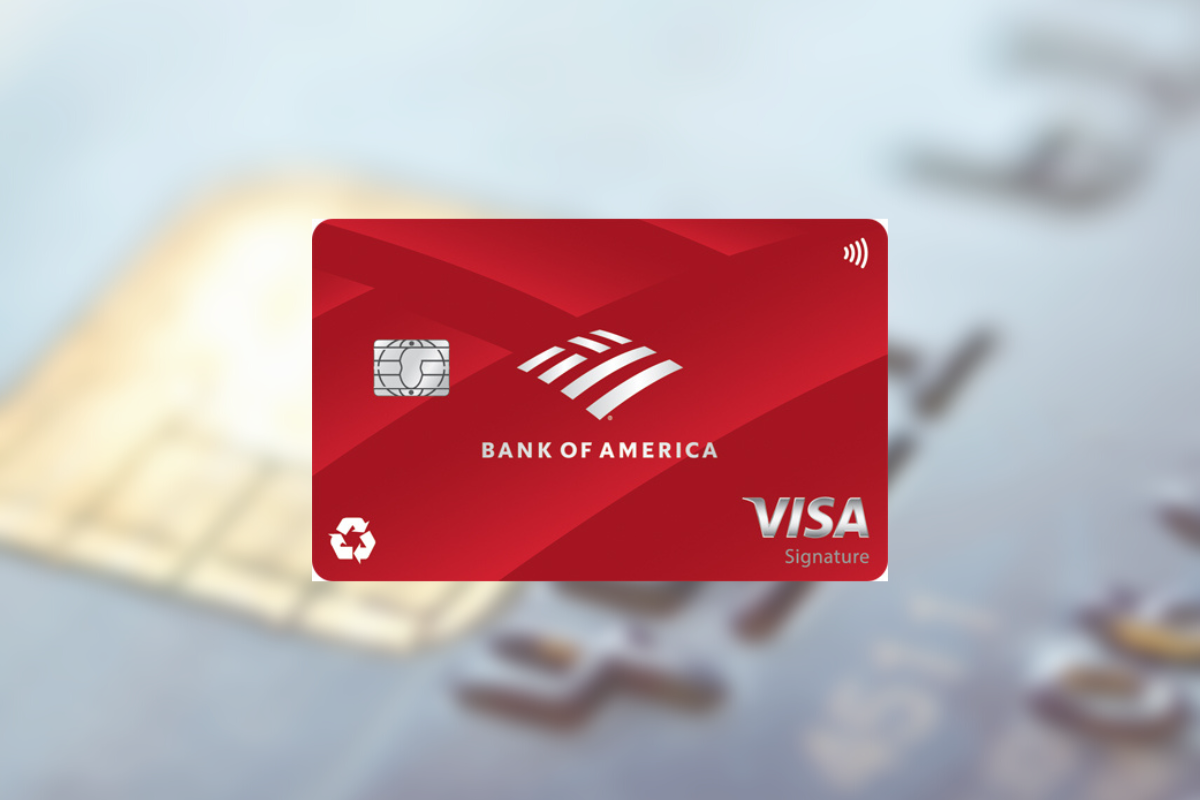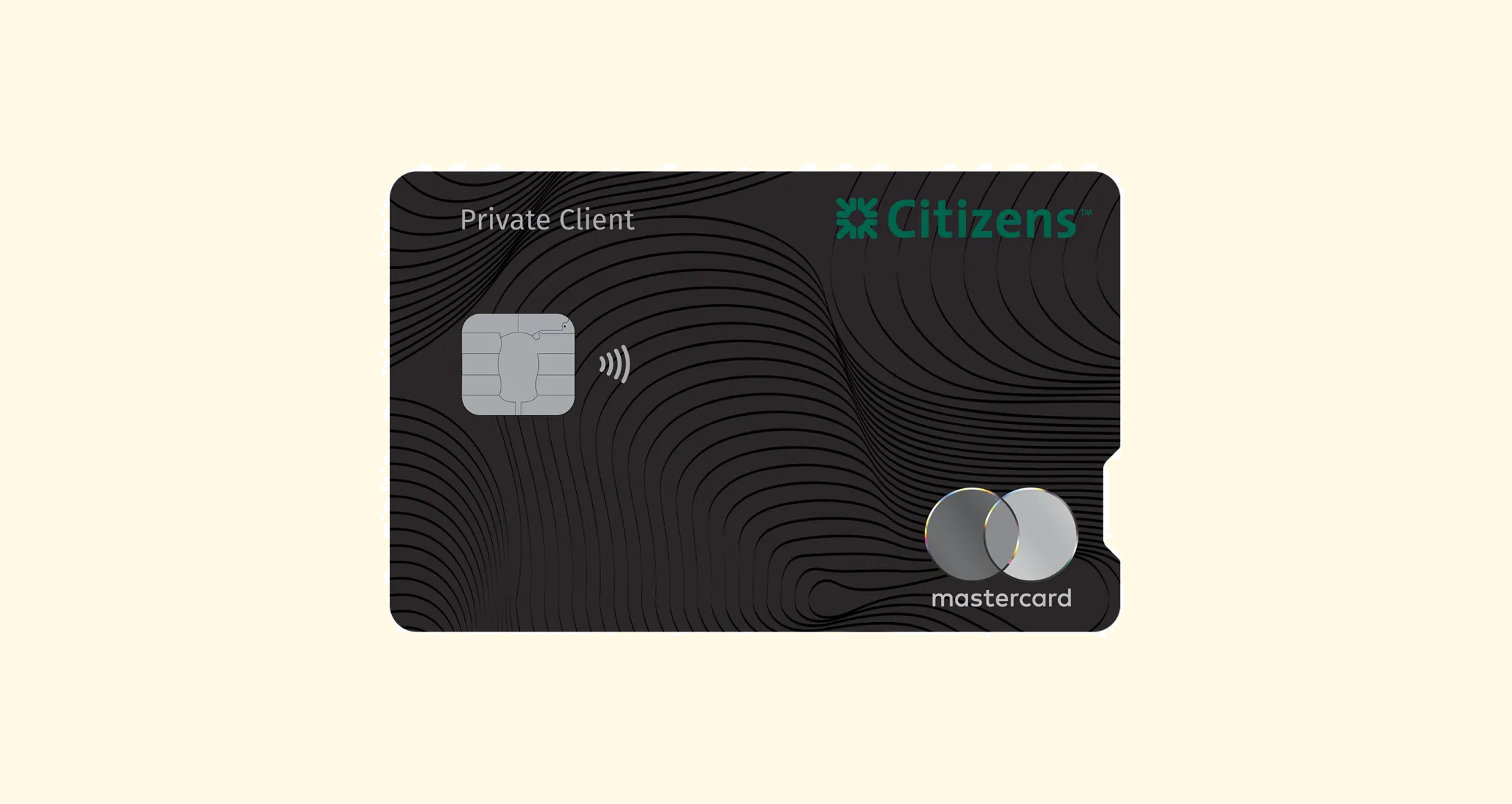How Credit Card Reward Programs Can Boost Your Savings

Unlocking Hidden Savings
In today’s financial landscape, maximizing every dollar counts. Credit card reward programs offer a unique opportunity to turn everyday spending into substantial savings. By leveraging these programs smartly, you can enhance your financial health.
Why Consider Reward Programs?
- Earn Points or Cash Back: Reward programs enable you to earn points or cash back on your regular purchases, such as groceries, gas, and even dining out. For instance, a card that offers 2% cash back on groceries can lead to significant savings over time—imagine saving $200 on your grocery expenses throughout the year.
- Redeem for Valuable Benefits: Rewards can be redeemed for a variety of benefits, including travel, merchandise, or statement credits. For example, many popular reward programs allow you to redeem points for airline tickets, hotel stays, or even concert tickets, providing a gateway to experiences that may otherwise be out of financial reach.
- Promotions and Bonuses: Many credit cards entice new customers with attractive sign-up bonuses. A card that offers 50,000 points after spending $3,000 in the first three months could equal a free flight or several nights in a hotel. Additionally, limited-time promotions offer opportunities to maximize earnings during seasonal sales or special events.
Understanding the mechanics behind these programs can be a game changer. According to recent studies, U.S. consumers earned over $20 billion in rewards last year alone. This staggering figure emphasizes the potential of smart credit usage among consumers who are savvy about how to stack rewards on their purchases. By evaluating your expenses and aligning them with a rewards program, you could significantly boost your earnings without changing your spending habits.
Potential Pitfalls to Avoid
- High Interest Rates: While the rewards can be enticing, it’s crucial to maintain control over your credit card usage. High interest rates can quickly accumulate if you carry a balance, magnifying any potential costs beyond the benefits of rewards. It’s wise to pay off your balance in full each month to avoid falling into a debt cycle.
- Annual Fees: Some premium reward programs charge annual fees that may offset the benefits. Before jumping into a program, evaluate whether the rewards you expect to earn will outweigh these fees. For example, if a credit card has a $95 annual fee, you’ll want to ensure you can easily earn at least that much back in rewards.
- Complex Rules: Each reward program comes with its unique set of rules, including expiration dates for points and restrictions on certain categories. Understanding these intricacies is essential to maximizing rewards. Reading the fine print and asking questions about terms can help you avoid common pitfalls.
The benefits of reward programs are plentiful, but to truly maximize savings, one must navigate them intelligently. The world of credit card rewards is expansive and filled with opportunities, but it requires a keen eye and a willingness to engage with the fine details. Are you ready to delve deeper into the world of credit card rewards and discover how these programs can contribute to your financial success?
LEARN MORE: Click here to find out how to download and manage
Maximizing Everyday Spending
Credit card reward programs are not just a trendy financial tool; they can be a savvy way to bolster your savings while maintaining your usual spending habits. By strategically utilizing these rewards, you can make your money work harder for you. Many consumers are unaware of the potential savings hidden within the fine print of their credit card agreements. Here, we explore how you can engage effectively with reward programs to amplify your financial benefits.
Understanding Different Types of Reward Structures
To harness the full potential of credit card rewards, it’s essential to grasp the different structures these programs offer. Each type of reward program has its own unique advantages, making it necessary for consumers to choose one that aligns with their lifestyle and spending patterns. Here are a few popular types:
- Cash Back Rewards: This type of program allows cardholders to earn a percentage of their purchases back as cash. For example, a credit card may offer 1.5% cash back on all purchases and 3% on certain categories like dining and groceries. This straightforward approach is appealing to many consumers who prefer tangible rewards.
- Points-Based Rewards: Points programs enable cardholders to accumulate points that can be redeemed for various products and services, such as trips, electronics, or exclusive experiences. For instance, earning 2 points per dollar spent on travel purchases can accelerate your way to a complimentary vacation. Understanding how to maximize point value through bonus categories or targeted promotions is crucial for travelers.
- Co-Branded Rewards: Many credit cards team up with specific retailers or airlines to offer exclusive rewards. For example, a card associated with a particular airline might offer you additional miles for every dollar spent on tickets from that airline. Such programs can deliver significant rewards if you’re loyal to a certain brand.
Once you identify the type of rewards that align with your spending habits, the next step is to assess the potential earnings. According to a report from the Consumer Financial Protection Bureau, the average family spends around $1,200 per month on various everyday expenses. If a credit card rewards program offers an average of 1.5% cash back, that could amount to $180 in savings over the course of a year—not insignificant by any means.
Enhanced Budgeting and Planning
Credit card reward programs also serve as effective budgeting tools. By categorizing your spending and monitoring point accumulation, you can gain insights into your spending habits and identify areas for potential savings. Moreover, some credit cards provide annual spending summaries that offer detailed insights into your expenditures, facilitating smarter financial decision-making. This kind of proactive engagement with your finances can not only boost your savings but also cultivate healthy financial habits.
As you explore the diverse landscape of credit card rewards, remember that informed choices can lead to meaningful savings. In the following sections, we will delve deeper into how to strategically integrate these programs into your financial life, ensuring that your everyday purchases contribute to your overall financial success.
DISCOVER: Click here to find out more about free courses
Strategic Redemption: Getting the Most from Your Rewards
Once you’ve accrued a significant amount of rewards through your credit card program, the next pivotal step involves understanding how to redeem these benefits in the most advantageous way. The redemption process is where many cardholders stumble, often settling for options that don’t provide the best value. Understanding how to convert your accumulated rewards into tangible savings or valuable products can significantly enhance your financial landscape.
Evaluating the Best Redemption Options
Different credit cards offer various redemption methods, which can include cash back, gift cards, merchandise, or travel rewards. Each option has its own value proposition, and taking the time to evaluate these can lead to greater rewards:
- Cash Back: Redeeming points as cash back can provide immediate benefits, allowing you to see the impact on your credit card bill or bank account directly. However, many programs tend to offer better value for travel-related redemptions, and this is where you should weigh your options carefully.
- Travel Rewards: If you frequently travel, redeeming your rewards for flights or hotel stays can yield one of the highest values per point. For example, transferring points to airline partners may qualify you for upgrades and special loyalty statuses that can lead to long-term savings on future travels.
- Gift Cards: Many reward programs allow you to redeem points for gift cards at popular retail stores, often at a value of one cent per point. This can be a smart way to use your rewards for holiday shopping or everyday purchases, essentially reducing your out-of-pocket expenses.
In many cases, cardholders can obtain 1.5 to 2 cents per point when redeeming for travel—the best option for value maximization. Hence, it’s resolute to actively research and explore all available redemption avenues before finalizing your choice.
Taking Advantage of Bonus Categories
Understanding bonus category spending can significantly amplify your points or cash back earned. Many credit cards offer extravagant rewards for specific categories that rotate every few months, such as groceries, gas stations, or dining, often yielding upwards of 5% back. For example, if you typically spend $600 a month on groceries, using a card that offers 5% back on this category could yield an additional $30 monthly, culminating in $360 a year just from this adjustment alone—an excellent opportunity for boosting overall savings.
Moreover, some credit cards provide substantial sign-up bonuses that can significantly jumpstart your rewards balance. A typical offer could be earning 50,000 points after spending $3,000 in the first three months, which may equate to several free flights when strategically utilized in conjunction with travel partners. It’s important to maintain structured budgeting to ensure such spending doesn’t lead to unmanageable credit card debt.
Leveraging Promotional Offers and Limits
Many credit card issuers engage in promotional efforts throughout the year, offering limited-time boosts to earn points in certain categories. These periods are golden opportunities to maximize your rewards. For instance, a limited-time offer might give you double points on dining out during the summer months. If you cover dining expenses frequently, capitalizing on these promotions can give your savings a substantial lift.
Furthermore, avoid overlooking the potential of combining different rewards programs. Some savvy consumers leverage family accounts or joint memberships, allowing multiple users to pool their points for larger redemption possibilities. Such strategies align well with a collaborative approach to savings, encouraging friends and family to engage with reward programs actively.
The landscape of credit card rewards is vast and complex, but when approached with knowledge and strategic thinking, it can lead to significant savings and improved financial health. Understanding how to navigate through the rewards maze can turn ordinary spending into extraordinary financial opportunities.
DISCOVER MORE: Click here to learn about the program
Maximizing Your Financial Potential
In conclusion, harnessing the power of credit card reward programs can provide substantial financial advantages if approached with thoughtful strategy and insight. By understanding the intricacies of reward redemption, you can transform everyday spending into significant savings. Whether you choose to redeem points for travel, cash back, or gift cards, knowing the best options to maximize value can propel your savings further than you might have imagined.
Moreover, capitalizing on bonus categories and promotional offers enables you to enhance your earning potential with each transaction. A simple shift in your spending habits, along with the timely use of promotional boosts, can drastically elevate the rewards accumulated over time. These strategies not only increase savings but also promote smarter credit card usage, which is essential for maintaining financial health.
For those looking to amplify their rewards, exploring all available programs and utilizing family pooling arrangements can unlock even larger redemption possibilities. It’s clear that with careful planning and a strategic approach, you can maximize your credit card rewards. This leads to substantial savings, lucrative opportunities, and overall enhancement of your financial wellbeing. As the landscape of credit card rewards continues to evolve, staying informed and proactive will ensure you remain ahead in the rewarding game of finance. Embrace these opportunities, and watch your savings grow.



